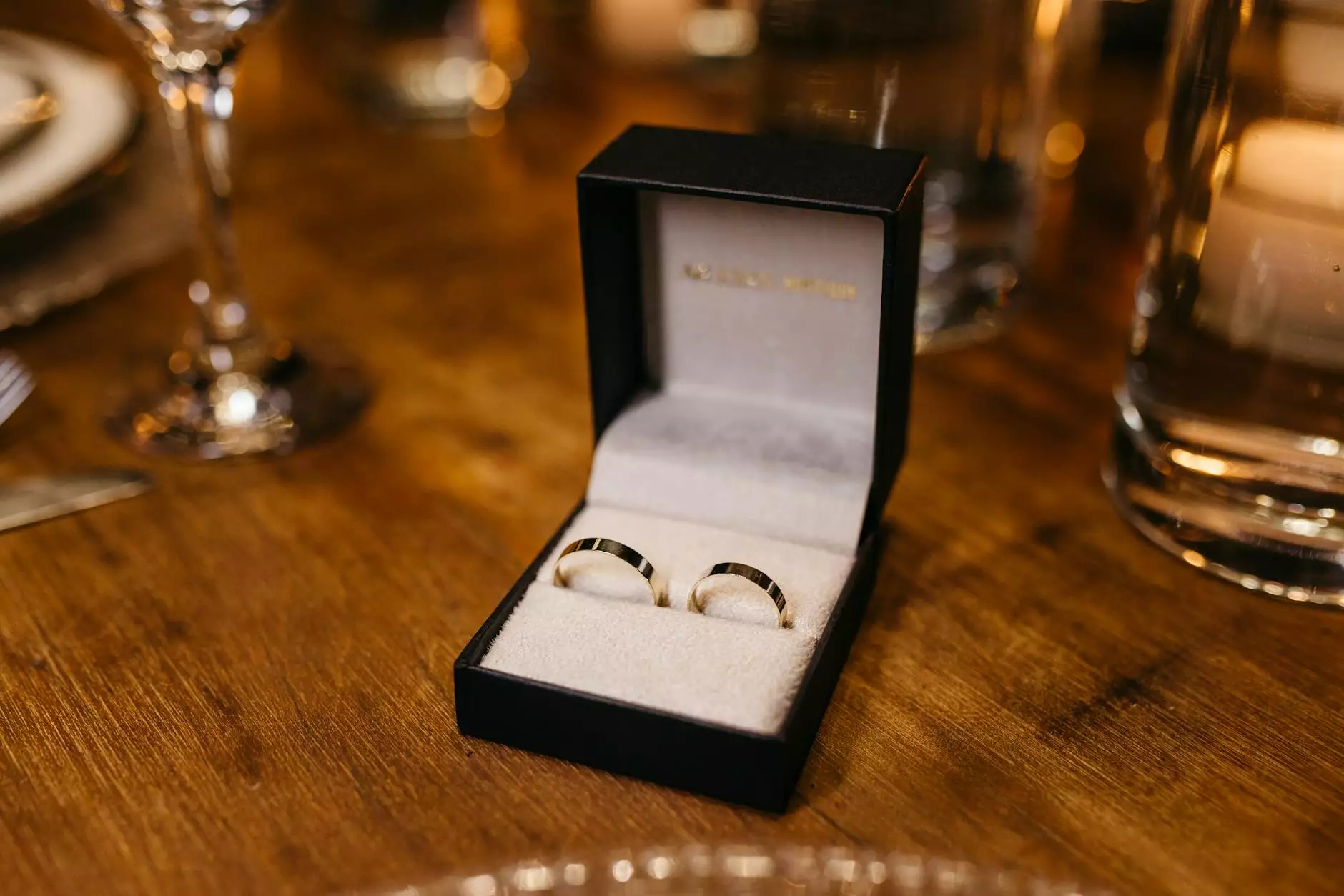Understanding Night Guards: Essential Tools for Dental Health

In the world of oral health, the phrase "guard night" brings to mind a critical yet often overlooked component: the night guard. This dental device serves as a protective shield for your teeth against a variety of nocturnal dental issues. Whether you grind your teeth (a condition clinically known as bruxism) or suffer from jaw clenching, night guards are a fundamental aspect of maintaining oral health. In this comprehensive article, we will explore the numerous benefits of night guards, delve into how they function, and discuss why they are an indispensable tool for anyone serious about their dental and overall health.
What is a Night Guard?
A night guard is a custom-fitted dental appliance typically made from a durable plastic material. Designed to be worn during sleep, these guards create a barrier between the upper and lower teeth, preventing damage and alleviating discomfort resulting from bruxism or other oral health issues.
Types of Night Guards
Night guards come in various types, each catering to different dental needs. Here are the most common types:
- Soft Night Guards: Ideal for mild bruxism, these guards are comfortable and allow for a gentle cushion effect.
- Dual Laminate Night Guards: Suitable for moderate to severe bruxism, they offer a hard outer layer combined with a soft inner layer for optimal protection and comfort.
- Hard Night Guards: Specifically designed for severe cases of bruxism, these provide maximum protection against teeth grinding.
Benefits of Using Night Guards
The advantages of using a night guard extend beyond merely protecting your teeth. Let’s explore some of the top benefits:
1. Protection Against Tooth Damage
One of the primary functions of a night guard is to safeguard your teeth from the detrimental effects of grinding. Persistent grinding can lead to:
- Cracks and Chips: Regular grinding can wear down enamel and cause irreversible damage to your teeth.
- Excessive Tooth Sensitivity: Damaged teeth often lead to heightened sensitivity, making everyday activities like eating and drinking painful.
- Tooth Loss: In extreme cases, excessive grinding can lead to periodontal issues that result in tooth loss.
2. Relief from Jaw Discomfort
Many individuals who struggle with bruxism also experience significant jaw discomfort. This discomfort often manifests as: - Pain or tension in the jaw muscles - Headaches - Earaches
Wearing a night guard can help relieve this discomfort by redistributing pressure and aligning the jaw properly during sleep.
3. Improved Sleep Quality
Bruxism does not only impact dental health; it can also affect the quality of your sleep. Grinding your teeth at night can lead to:
- Frequent Awakenings: The noise and discomfort often wake you up.
- Restlessness: Inadequate sleep can lead to feelings of fatigue during the day.
By using a night guard, individuals often find that they sleep more soundly, leading to better overall health and well-being.
4. Prevention of Temporomandibular Joint (TMJ) Disorders
The temporomandibular joint connects your jaw to your skull. Grinding teeth can place excessive strain on this joint, leading to TMJ disorders, which might result in:
- Pain in the jaw
- Limited jaw movement
- Clicking sounds when moving the jaw
Utilizing a properly fitted night guard can help alleviate the pressure on the TMJ, protecting your jaw from potential disorders.
How to Choose the Right Night Guard
Choosing the right night guard is essential for maximizing the benefits discussed. Here are some key considerations:
1. Consultation with Your Dentist
Before selecting a night guard, it’s vital to consult with a dentist who can evaluate your specific condition and recommend the most suitable type. This personalized approach ensures that you receive a guard tailored to your needs.
2. Comfort and Fit
For a night guard to be effective, it must fit comfortably in your mouth. Custom-fitted guards from your dentist offer the most comfort compared to over-the-counter options. Consider the following:
- Check for a snug fit that does not cause discomfort.
- Ensure that the material is suitable for sensitive gums.
3. Lifestyle Considerations
Depending on your lifestyle, you may want a particular type of night guard. Some individuals prefer soft guards for comfort, while others might require harder options for severe cases of bruxism. Consider how a night guard may affect your sleep and be sure to select one that aligns with your comfort level.
FAQs About Night Guards
What can I expect when I start using a night guard?
It may take some time to adjust to sleeping with a night guard. Many individuals experience slight discomfort initially, but this usually subsides within a few nights.
How do I care for my night guard?
Proper care is essential for maintaining the integrity of your night guard. Here are simple care tips:
- Rinse the guard with cold water before and after use.
- Brush it gently with a toothbrush (not toothpaste) to remove bacteria.
- Store it in a well-ventilated case when not in use.
How often should I replace my night guard?
Generally, night guards should be replaced every 6 months to 2 years, depending on wear and tear. Regular dental check-ups can help evaluate their condition.
Conclusion
In conclusion, the use of a night guard is an essential aspect of dental care that can enhance your quality of life significantly. By protecting your teeth, alleviating jaw pain, and improving your overall sleep quality, night guards are a small investment that can yield substantial benefits in the long run. If you are experiencing any symptoms of bruxism or jaw discomfort, consider reaching out to a dental professional at Medentalsf to discuss how a night guard could be a valuable addition to your oral health regimen. Remember, proactive measures in dental care can lead to profound improvements in your health and well-being, allowing you to smile confidently every day.
© 2023 Medentalsf. All rights reserved.









